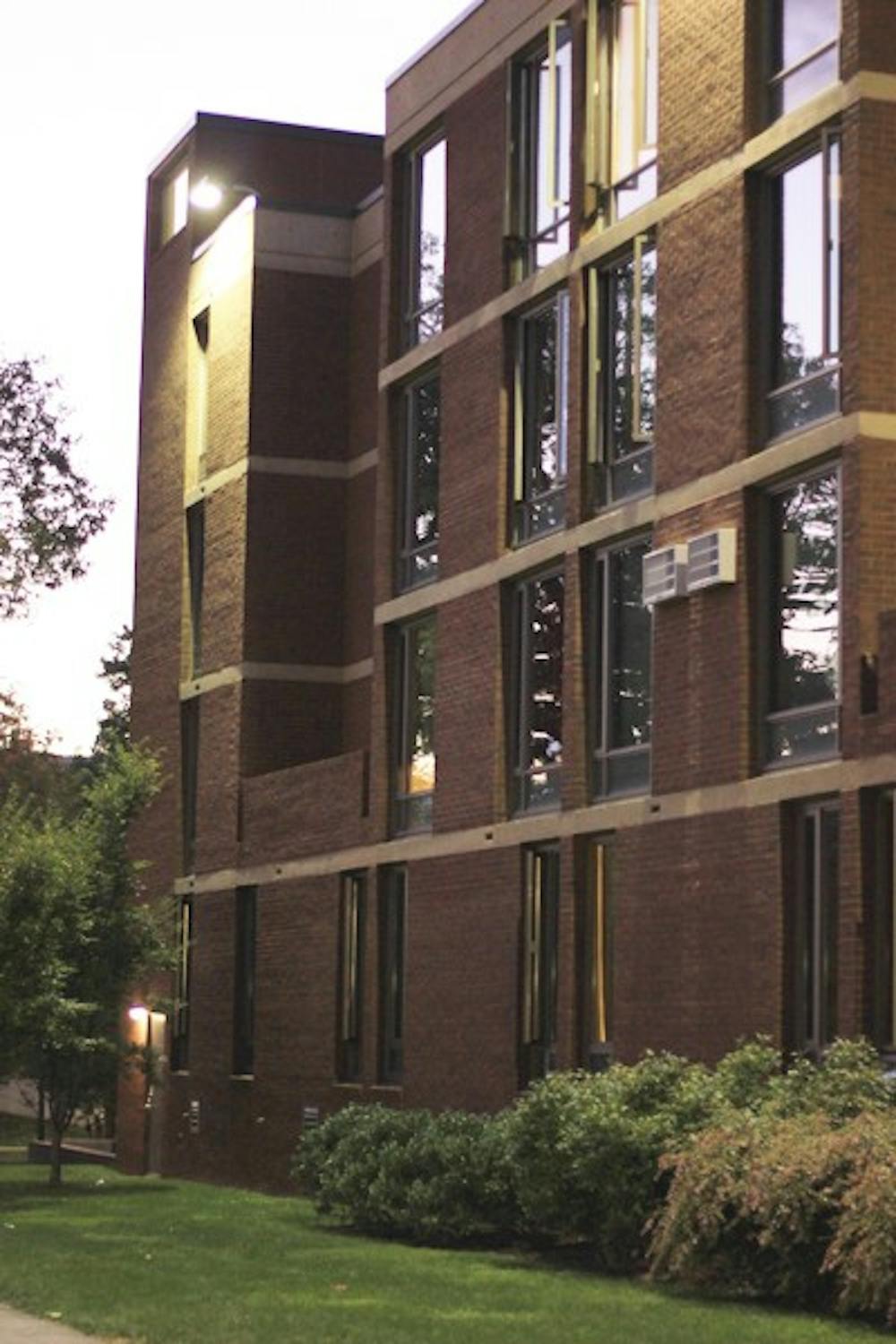
In past years, Ase Academy has used Du Bois College House as its home base.
Credit: Luke ChenEntering its 15th year, Penn’s Ase Saturday Academy continues to help West Philadelphia students pursue academic achievement outside of a traditional classroom.
The Ase Academy, which will open for this academic year on Oct. 26, is a “culturally relevant Saturday academy that brings West Philadelphia students to Penn,” said College sophomore Abel McDaniels, who is a seventh grade coordinator for Ase. The Academy, which works with middle and high school students, was founded in 1999 by a group of undergraduates, some of whom were residents of Du Bois College House and some of whom were part of the broader black community on campus.
Director of Makuu Black Cultural Center Brian Peterson was one of those founding members. “We wanted to organize a community engagement program to provide meaningful educational opportunities for young people in Philadelphia,” he said in an email.
This mission statement continues to draw Penn students to work with the Academy. College senior Elise Mitchell started out as a mentor to eighth grade students and is now an eighth grade coordinator.
“As someone who is passionate about education, I was intrigued by the chance to develop my own culturally relevant curriculum for the students,” Mitchell said. She said she was also interested in Ase’s dynamic teaching methods and the program’s flexibility.
Typically about 20 Penn students participate directly in the program, with additional students helping out through partnerships with groups like African American Arts Alliance, African Rhythms and Black Wharton Undergraduate Association. To date, the Academy has worked with approximately 600 West Philadelphia students, many of whom move on to selective high schools in Philadelphia and later to college.
High school and college preparation are important tenets of the Academy, which has numerous short and long-term goals. Of the long-term goals, the most important include helping every attending student improve their math, reading and critical thinking skills, and providing students with resources that might not be available at their schools.
These resources “include college counseling, one-on-one help with particular subjects, exposure to African diasporic artistic traditions, emotionally and academically supportive collegiate mentors and access to a college campus,” Mitchell said.
This year, in addition to its foundational lessons on the African Diaspora, the Academy is trying to incorporate Penn’s Year of Sound into the Ase program by grounding its curriculum in “the sounds of the African diaspora,” McDaniels said.
To celebrate its 15th year, the Academy plans to host a year-end banquet in the spring with alumni from both Penn and Ase coming back. This reunion is very reflective of the relationships that Ase fosters between students and mentors.
“One of the most unique aspects of Ase is the lasting mentor/mentee relationships that students and mentors carry with them after they graduate from Ase and Penn,” Mitchell said. “Many alumni mentors are still in touch with their students from previous years.”
Peterson agreed that the relationships and experiences made through Ase are powerful and lasting. “I can’t believe it’s been 15 years,” he said. “There have been some amazing, life-changing memories.”
The Daily Pennsylvanian is an independent, student-run newspaper. Please consider making a donation to support the coverage that shapes the University. Your generosity ensures a future of strong journalism at Penn.
DonatePlease note All comments are eligible for publication in The Daily Pennsylvanian.








